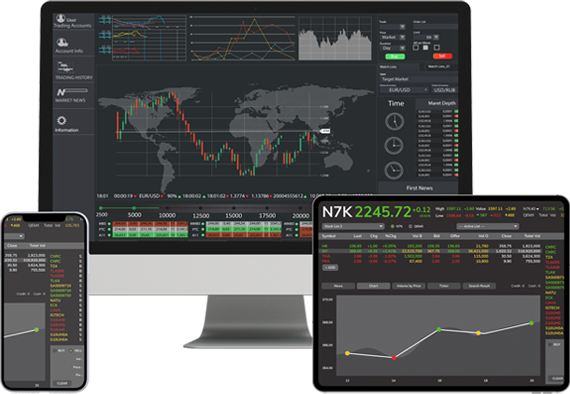Osokogu Favour Oghenekome
Owner
From basics to institutional-level strategies — all in one place.


Owner
Forex Trader
Forex Trader
Forex Trader
















Forex trading is the buying and selling of currencies on the foreign exchange market, with the aim of making a profit.
To start Forex trading, open a trading account with a reputable broker, fund it (I will recommend Exness - the link is on the website they are reputable, fast and reliable), then begin trading with a solid understanding of the markets.
Leverage in Forex allows traders to control larger positions with a smaller amount of capital, amplifying potential gains and losses.
The major currency pairs are:
- EUR/USD (Euro vs. US Dollar)
- USD/JPY (US Dollar vs. Japanese Yen)
- GBP/USD (British Pound vs. US Dollar)
- USD/CHF (US Dollar vs. Swiss Franc)
- AUD/USD (Australian Dollar vs. US Dollar)
A pip (percentage in point) is the smallest unit of price movement in Forex trading, usually equivalent to 0.0001.
A long position involves buying a currency pair, expecting the price to rise, while a short position involves selling, expecting the price to fall.
Economic indicators, such as GDP, inflation, and interest rates, can impact currency values and trading decisions.
A stop-loss order is an instruction to close a trade at a specific price, limiting potential losses if the market moves against the trader.
A Forex broker acts as an intermediary between traders and the foreign exchange market, providing trading platforms, leverage, and market access.
To manage risk, traders can use strategies such as position sizing, stop-loss orders, and risk-reward ratios, as well as staying informed about market conditions.
Reach out via phone or Telegram for support.
Call: +234-810-330-0714Recognized for excellence in forex education.
Forex Awards 2024
Education Expo 2023
Global Awards 2022
Join our community and start trading like a pro.
Call Now: +234-810-330-0714